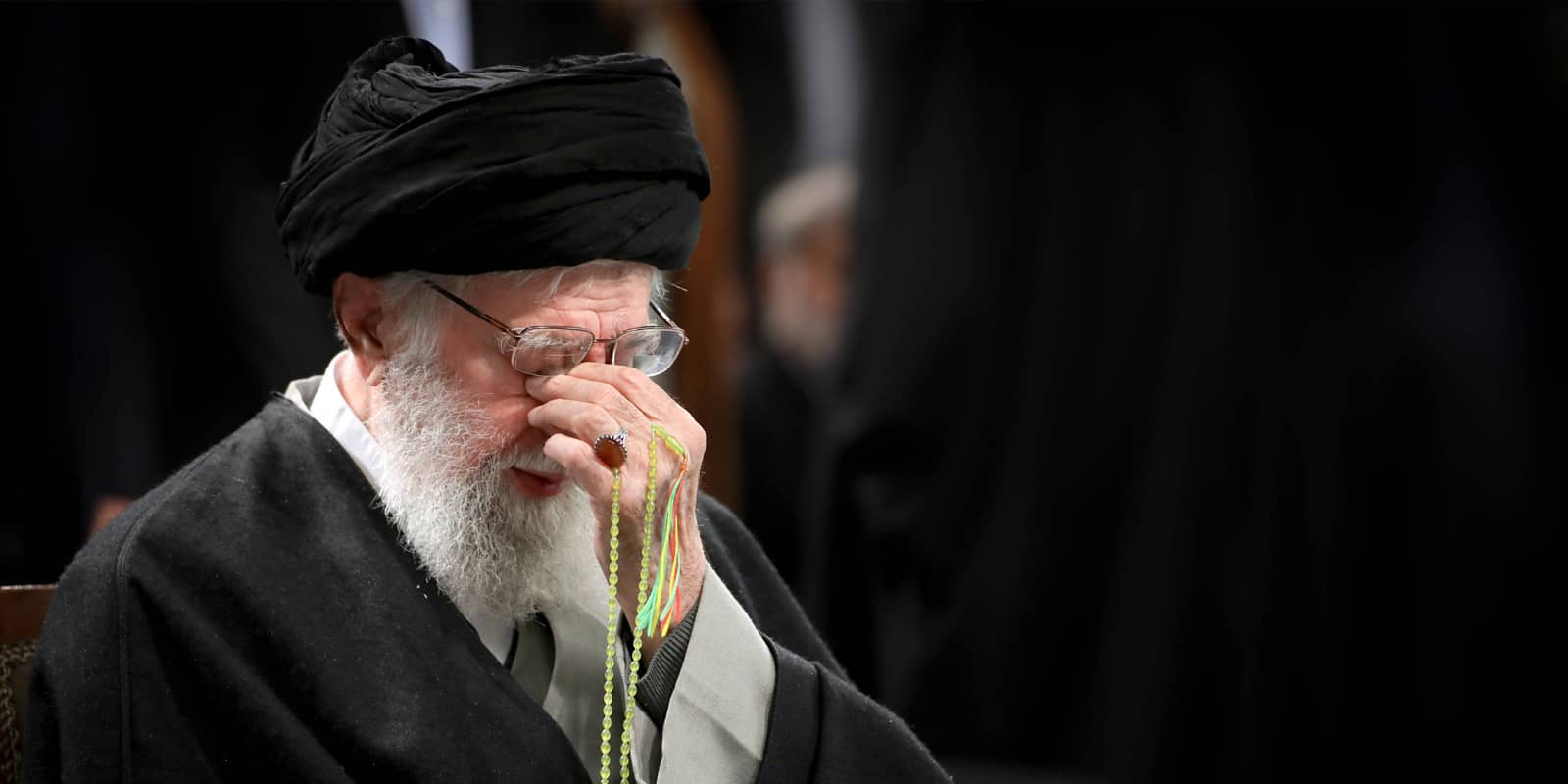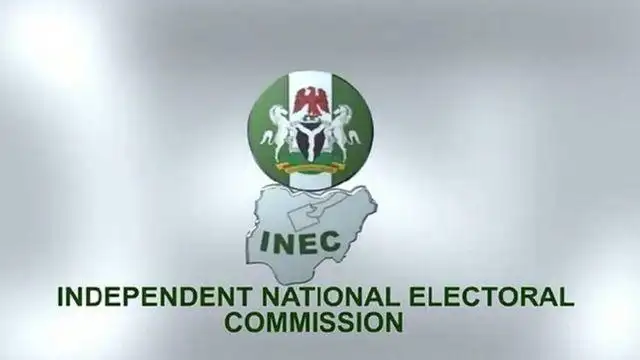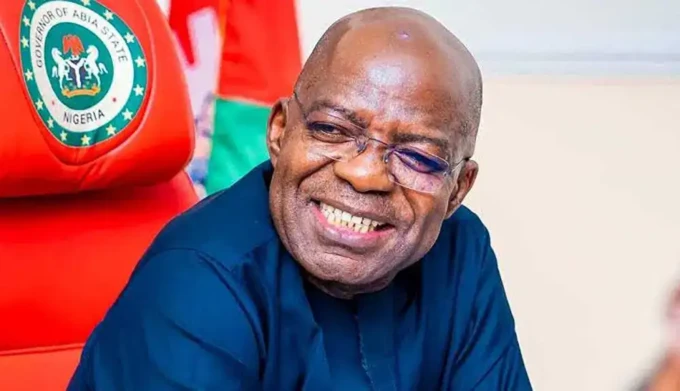Iran is grappling with a profound economic crisis in 2025, characterized by soaring inflation, a plummeting national currency, and escalating social unrest. The International Monetary Fund (IMF) has sharply downgraded Iran’s economic growth forecast to a mere 0.3%, down from 3% projected in October 2023. This downturn is primarily attributed to intensified U.S. sanctions aimed at curbing Iran’s oil revenues and restricting its access to international financial markets.
The oil sector, a cornerstone of Iran’s economy, has been hit particularly hard. The IMF anticipates a decline of 300,000 barrels per day in crude oil production and exports for 2025. Sanctions enforcement has tightened under the Trump administration, with multiple new sanctions targeting Iranian tankers and oil export networks.
The Iranian rial has experienced a dramatic depreciation, losing over 60% of its value against the U.S. dollar in recent months. This currency devaluation has led to skyrocketing prices for essential goods, severely eroding the purchasing power of ordinary Iranians. Inflation is accelerating at an alarming rate, with the IMF revising Iran’s inflation forecast for 2025 to 43.3%, up from 37% in its previous report.
The economic turmoil has also affected foreign trade. Many international companies are reluctant to do business with Iran due to financial constraints and fears of secondary U.S. sanctions. Industries reliant on imported raw materials, such as the automotive sector, have been particularly hard hit, with production slowdowns and widespread layoffs.
To compensate for the decline in oil revenues, the Iranian government has attempted to boost non-oil exports, focusing on petrochemicals, steel, and minerals. However, these efforts have been insufficient to offset the losses from the oil sector. The government’s budget deficit has widened, leading to increased borrowing from domestic banks and further exacerbating inflationary pressures.
Social unrest is mounting as the economic crisis deepens. A prominent sociologist in Tehran has warned that widespread protests are likely if the government fails to improve the country’s financial situation and curb rising prices. He criticized the government for converting social and economic problems into security issues by criminalizing actions such as protests and opposition to social media censorship, rather than addressing the underlying problems.
In response to the crisis, President Masoud Pezeshkian acknowledged that certain economic difficulties are beyond governmental control, emphasizing the need for transparency with citizens regarding such limitations. He stated that the current situation of high prices and livelihood problems is unacceptable, and while some issues are within the government’s control, others are not.
The IMF’s World Economic Outlook projects Iran’s GDP to contract by 2.8% this year, with inflation soaring to 45%, figures that underscore the regime’s vulnerability. (debuglies.com) The combination of external sanctions and internal mismanagement has created a perfect storm, leading to an economic crisis that shows no signs of abating.












Do you think Iran can overcome the economic crisis with new strategies, or are they doomed to struggle indefinitely? Curious to hear your thoughts!
Do you think Irans economic crisis can lead to positive changes in the long run, or will it worsen the situation further?
Do you think Irans economic crisis will lead to significant political changes? Or will the regime find a way to weather the storm?
Do you think Irans economic crisis will lead to significant political changes? Curious to hear your thoughts on this article.
Do you think Irans economic crisis is solely due to sanctions or are there other factors at play? Lets discuss!
Do you think Irans economic crisis is solely due to sanctions, or are there internal factors at play too? #economy #IranCrisis
I wonder if Irans leaders will finally prioritize their people over their political agendas in the face of this economic crisis.
Do you think Irans economic crisis will lead to significant political changes or just more instability? #DeepThoughts #CurrentEvents
I think Iran should focus on finding diplomatic solutions to overcome the economic crisis rather than escalating tensions. Diplomacy first!